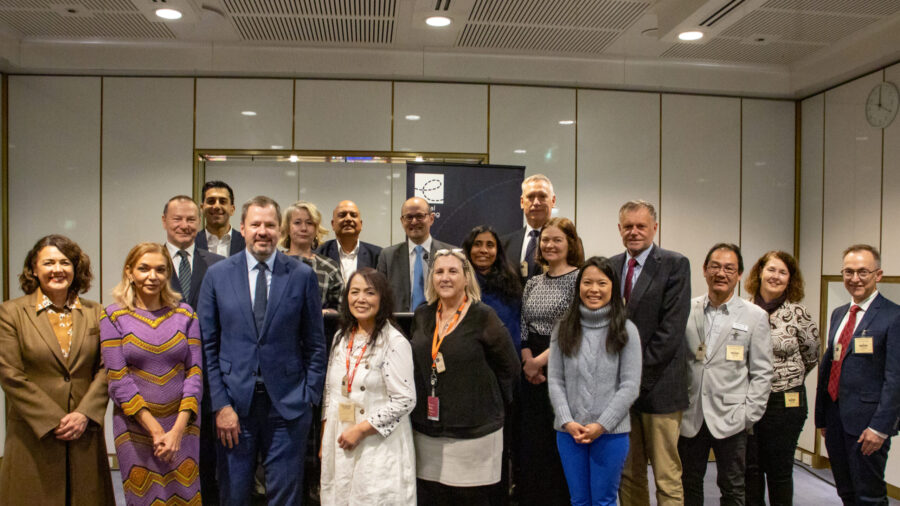Australia’s textile, clothing, and footwear (TCF) industry remains a vital part of the local economy, contributing more than $27.2 billion annually, generating a further $7.2 billion in exports, and employing almost half a million people. However, “locally made” does not always mean “ethically made.”
Similar to the TCF industry globally, the industry in Australia faces risks of poor labour conditions, exploitation, and modern slavery—primarily due to complex, often hidden supply chains.
These risks are compounded by a heavily gendered workforce; over 70% of local garment workers are women, many from migrant, refugee, or asylum-seeking backgrounds who may have limited English proficiency. Outworkers (predominantly women working from their homes in isolation) are particularly vulnerable due to the hidden nature of their work and the lack of oversight of their working conditions.
Thankfully, businesses have a unique opportunity to contribute to positive, systemic change and play a role in ending exploitation in the garment industry by choosing local and ethical procurement. By supporting ethically accredited suppliers, companies can uphold human rights, ensure fair treatment of workers, and foster a sustainable and thriving local industry.











